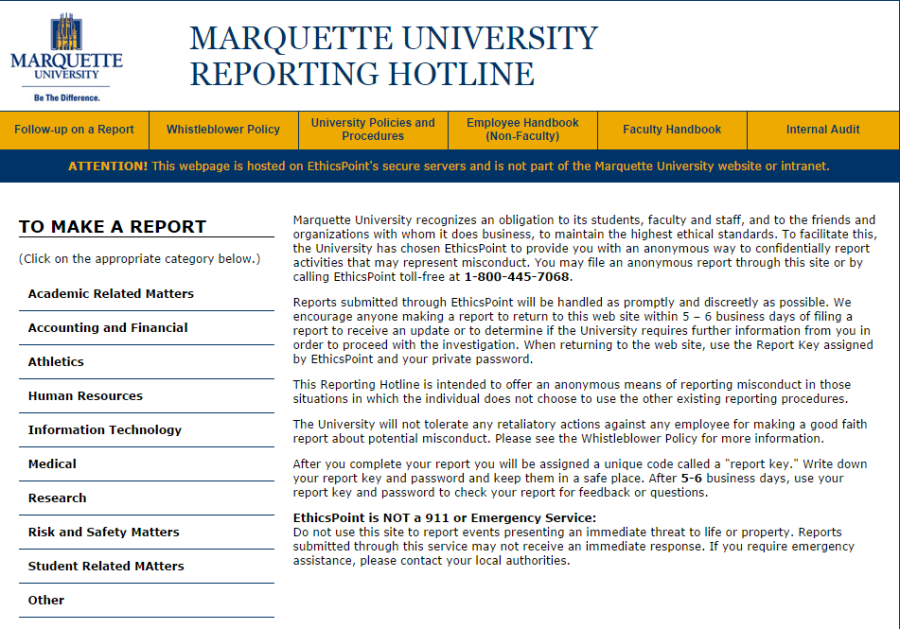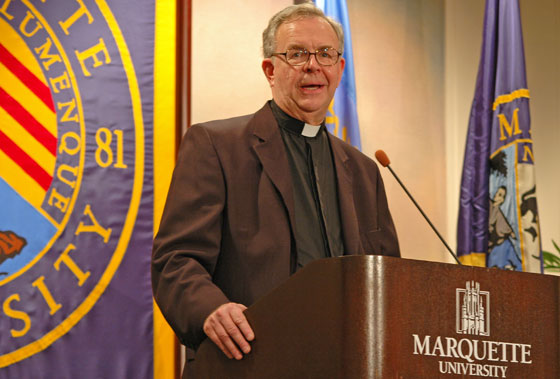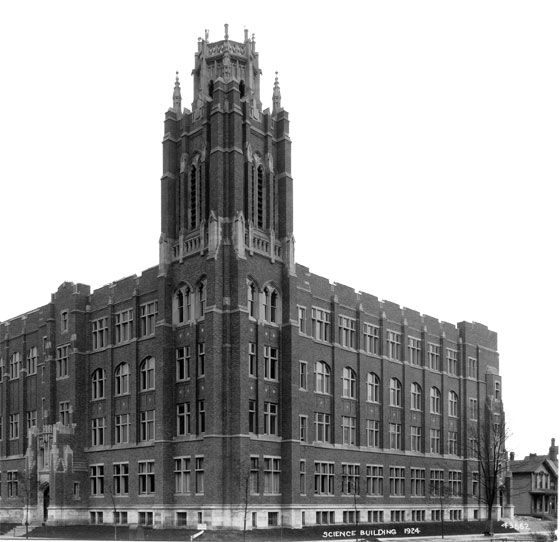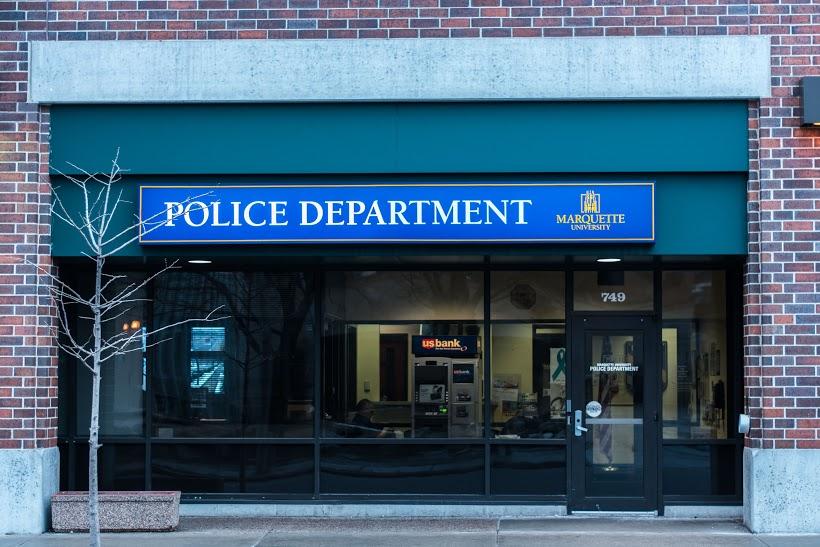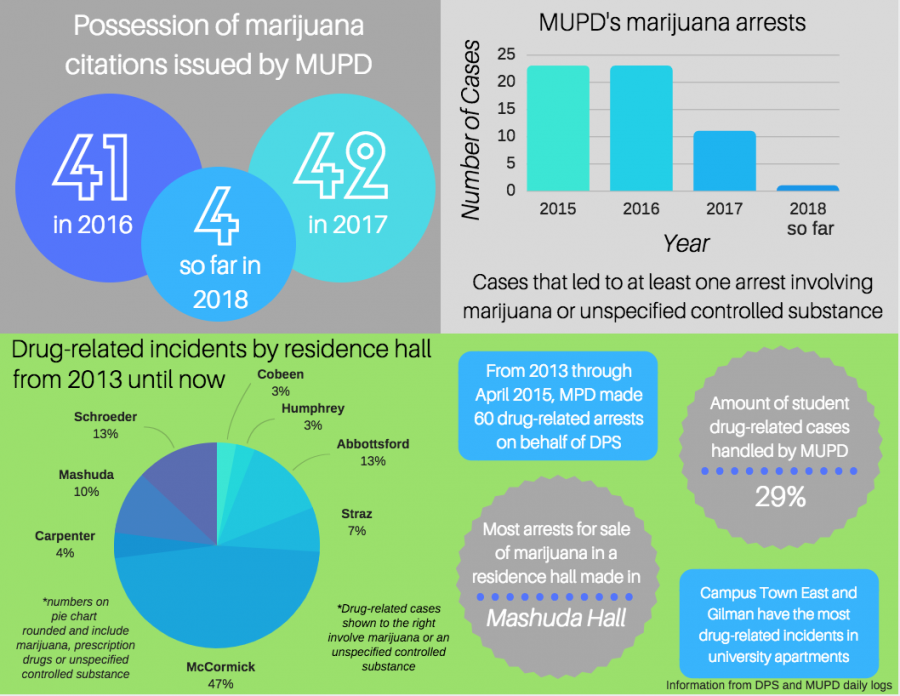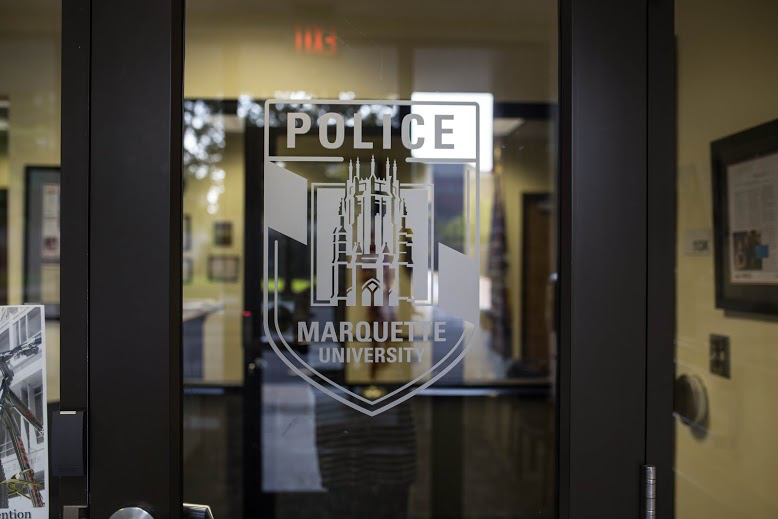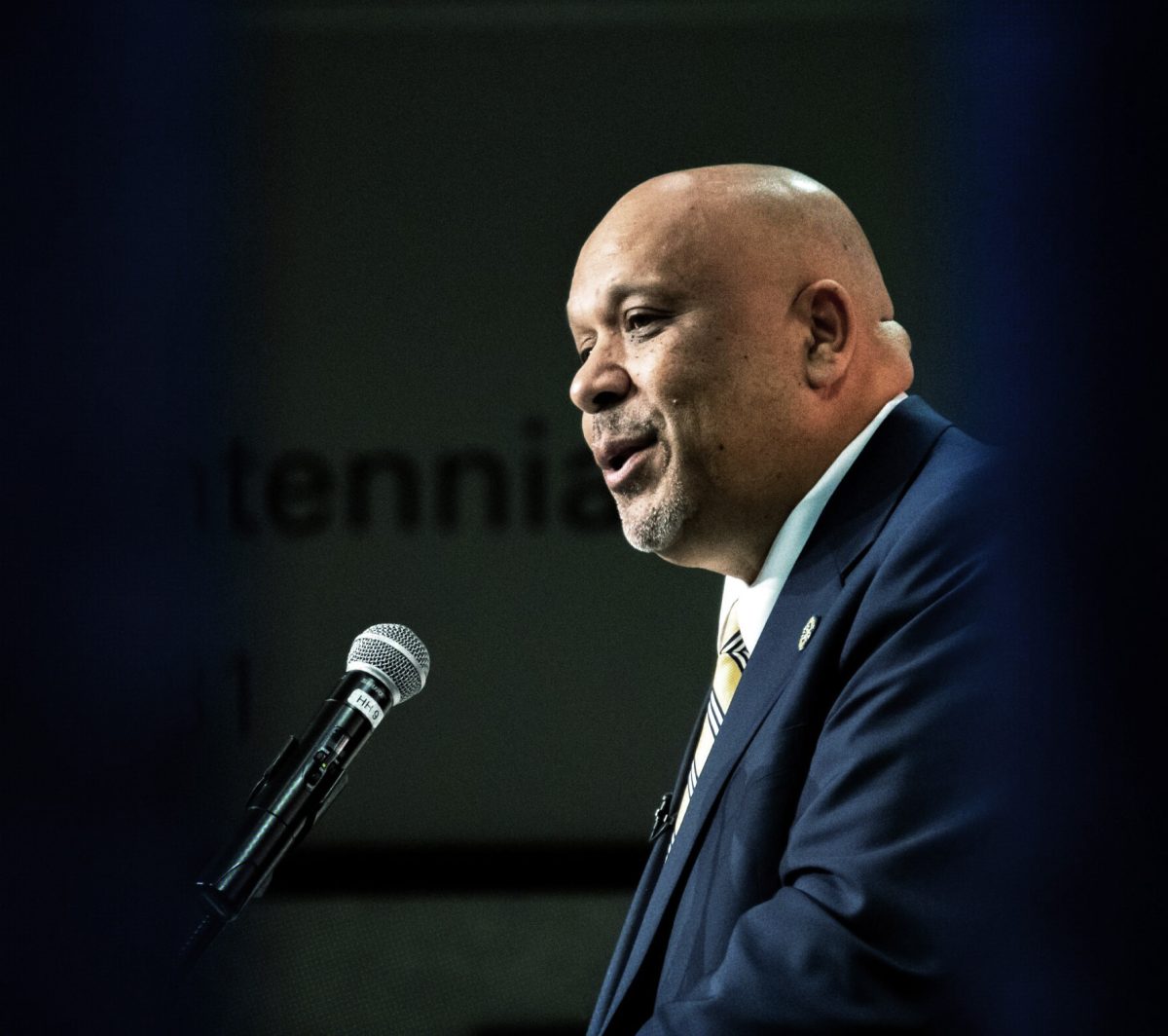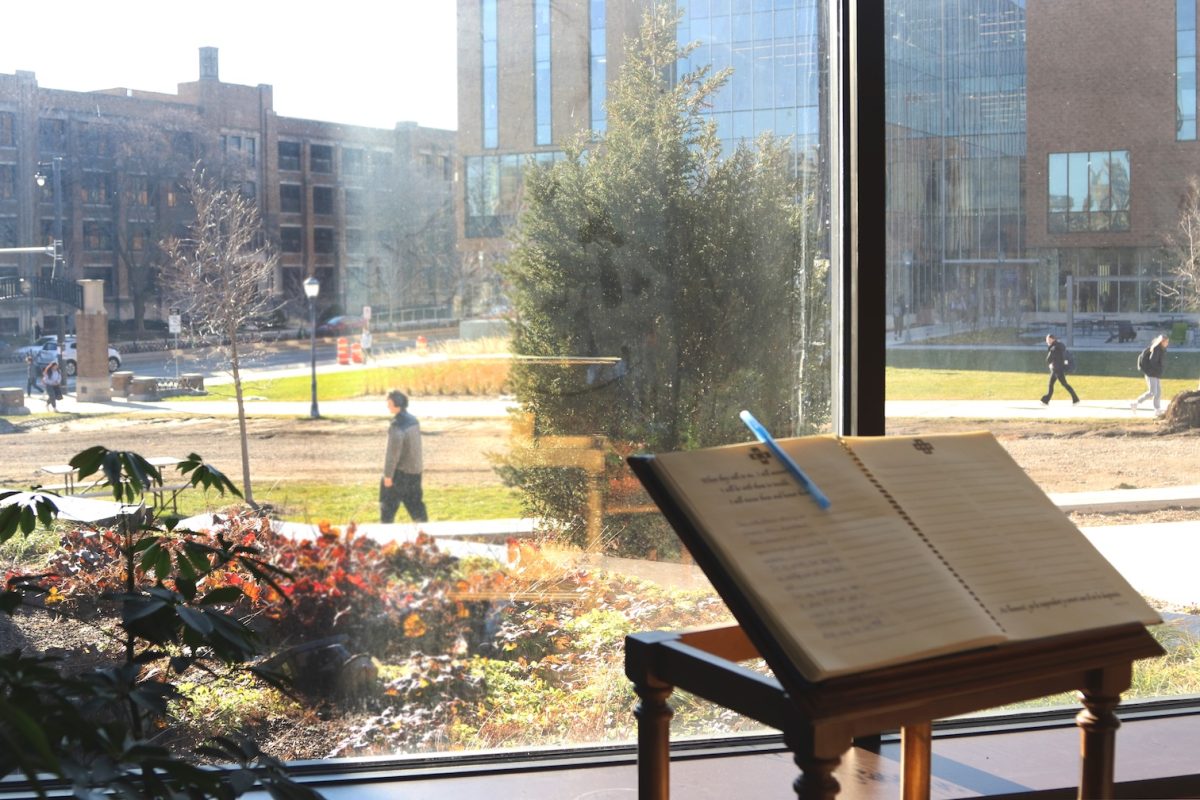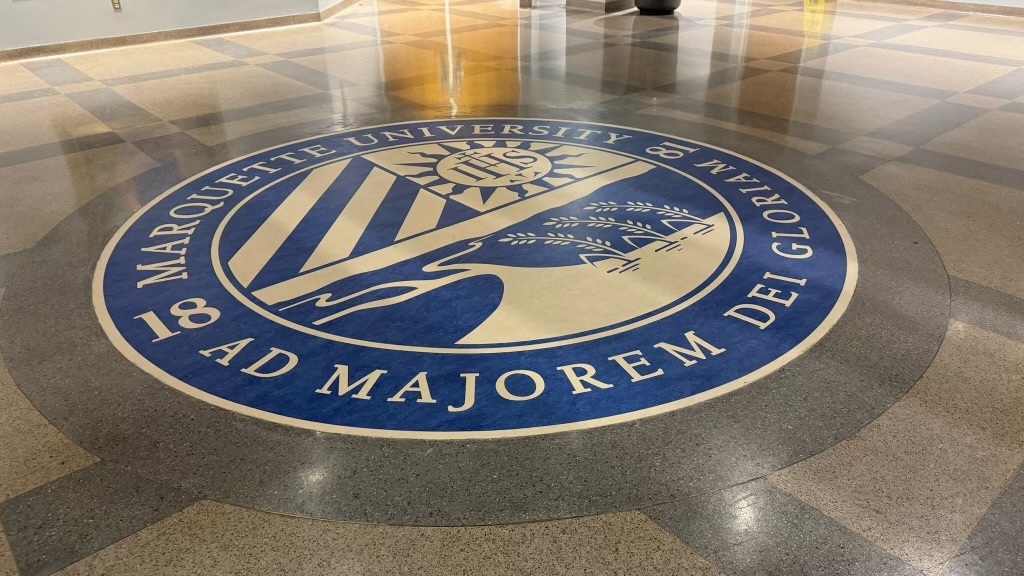 Following nearly a month of deliberation in the Wisconsin State Legislature, the bill to give Marquette’s Department of Public Safety police powers is on its way to being signed after passing the state senate March 11. The bill is now waiting Gov. Scott Walker’s signature.
Following nearly a month of deliberation in the Wisconsin State Legislature, the bill to give Marquette’s Department of Public Safety police powers is on its way to being signed after passing the state senate March 11. The bill is now waiting Gov. Scott Walker’s signature.
The bill allows Department of Public Safety officers to have the same powers as Milwaukee law enforcement officials to “maintain order, detect and prevent crime, enforce laws and ordinances and make arrests for violations of laws and ordinances.”
Seven state senators introduced the bill Feb. 17, and another version was introduced in the State Assembly, where it was co-sponsored by four state representatives.
The bill was drafted after a governor’s task force on campus safety commissioned in 2007 recommended the legislature allow private colleges and universities to operate a police department, which at the time was only an option for four-year UW-system schools.
Andy Brodzeller, the assistant director of university communication, said in an email that there is still much to be done in terms of commissioning a police department.
“Before the university makes a decision to commission our officers, the parameters and requirements need to be clarified with local law enforcement and discussions with the campus community and neighborhood stake holders will occur,” Brodzeller said.
Twenty-one other states allow private universities to operate a police department. This includes schools such as the University of Notre Dame, Georgetown University, Boston College, Loyola University Chicago and Yale University.
Following the governor’s task force, a Marquette internal task force met in the summer of 2013 to review the idea of an internal police department. The task force was co-chaired by L. Christopher Miller, vice president for student affairs, and Janine Kim, associate professor of law. The group included faculty, staff and student representatives.
Brodzeller said even if the bill is signed into law, it is still up to the university to decide if it wants to commission the police department by talking with university officials to see what the jurisdiction, costs and effects of commissioning would be.
“The bills do not provide any details or clarification on how a university police department would operate or what its responsibilities would be,” Brodzeller said. “The bills are only to clarify that the state would allow Marquette to operate a police department, and that if it did, it would have to enter into agreement with local law enforcement.”
According to the senate bill, named Senate Bill 610, commissioning the prospective Marquette police department would cost nothing for taxpayers, meaning the costs for the additional training for a police department would be taken on by the university.
Lt. Paul Mascari, the interim assistant director of DPS and someone who played a role in shaping the bill going through the legislature, said the cost of commissioning a police department to the university is unknown because the specifics of the program still need to be discussed.
Mascari added that no matter what, the mission of DPS would not change.
“If the university does go down that road, if we do end up becoming a police department after our internal discussions take place, the purpose of it would be to enhance our relationship with the Milwaukee Police Department,” Mascari said.
Mascari also said the transition from what the department is now to a full-fledged police department would not happen overnight, and would take place over an extended period of time.


